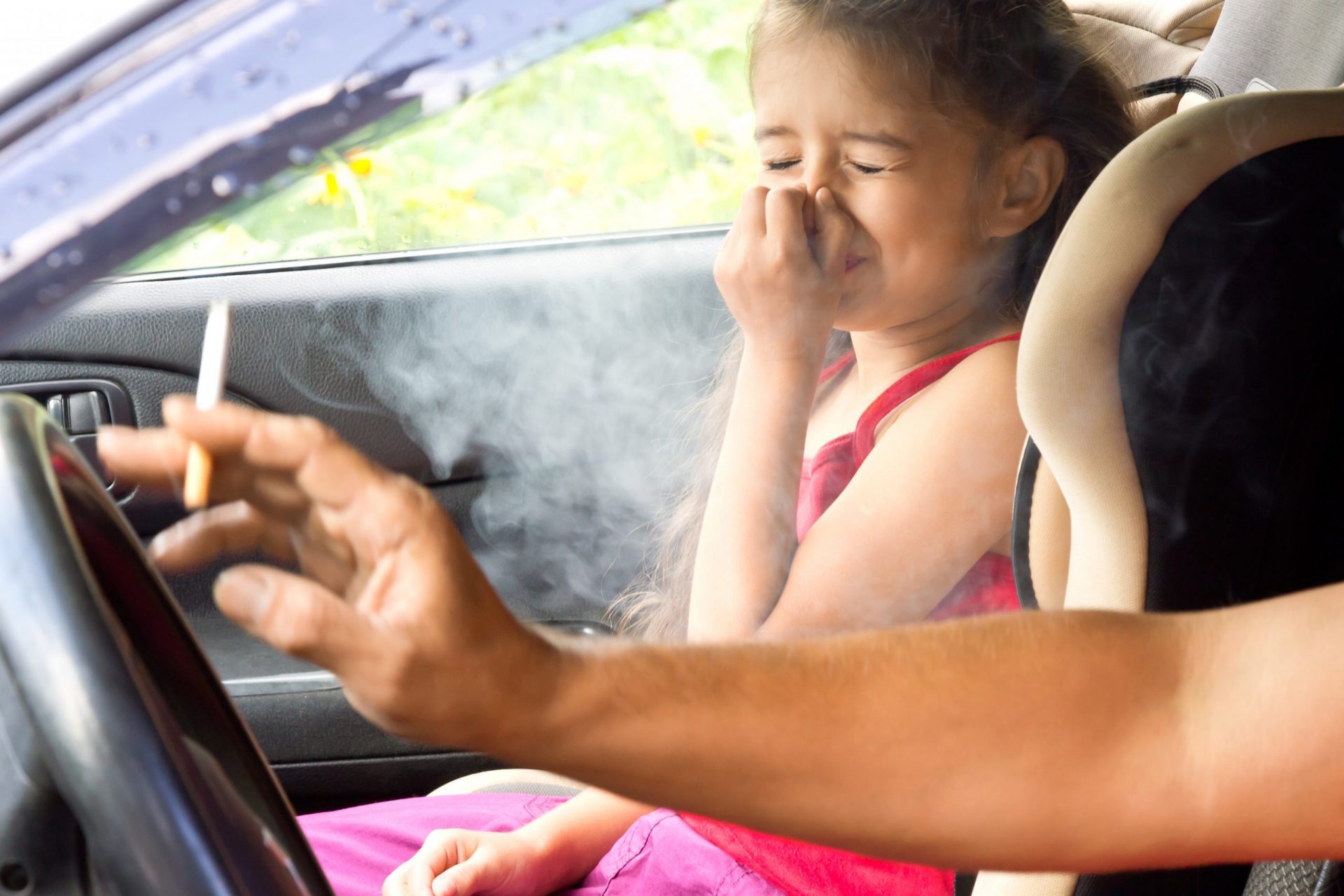
Parental smoking is not without consequences for the health of babies and children. Exposure to second-hand smoke is harmful to their development and has been linked to lower birthweight, sudden infant death syndrome and lung disease including asthma. Worse still: the children of smokers are four times more likely to take up smoking later in life. Dr. Oliver Drouin, pediatrician and researcher at the CHU Sainte-Justine and professor in the École de santé publique at Université de Montréal, contributed to the development of a smoking cessation tool meant for parents to break the vicious cycle.
Dr. Drouin’s team assessed the cost efficiency of the Clinical Effort Against Secondhand Smoke Exposure (CEASE) program, whose originality lies in routine screening for smoking when parents access the healthcare system with their child. The parents who want to quit can then get clinical support at a key moment without having to search for a smoking cessation program. The CEASE analysis is based on data from 3,054 parents of children who consulted a pediatrician in the five US States of Virginia, Ohio, North Carolina, Tennessee and Indiana.
The researchers calculated that it costs the healthcare system US$1,132 more per parent who stopped smoking in the two-year CEASE program compared to parents who require standard care. But the additional cost for every parent who stops smoking is offset by the sharp decrease in smoking prevalence attributable to the program compared to other clinical smoking cessation interventions. Dr. Drouin and his collaborators are now working to repeat the experience in the Canadian context, which is different from the American one. The innovative approach could also be applied to other public health challenges, such as the adoption of a healthy lifestyle.
